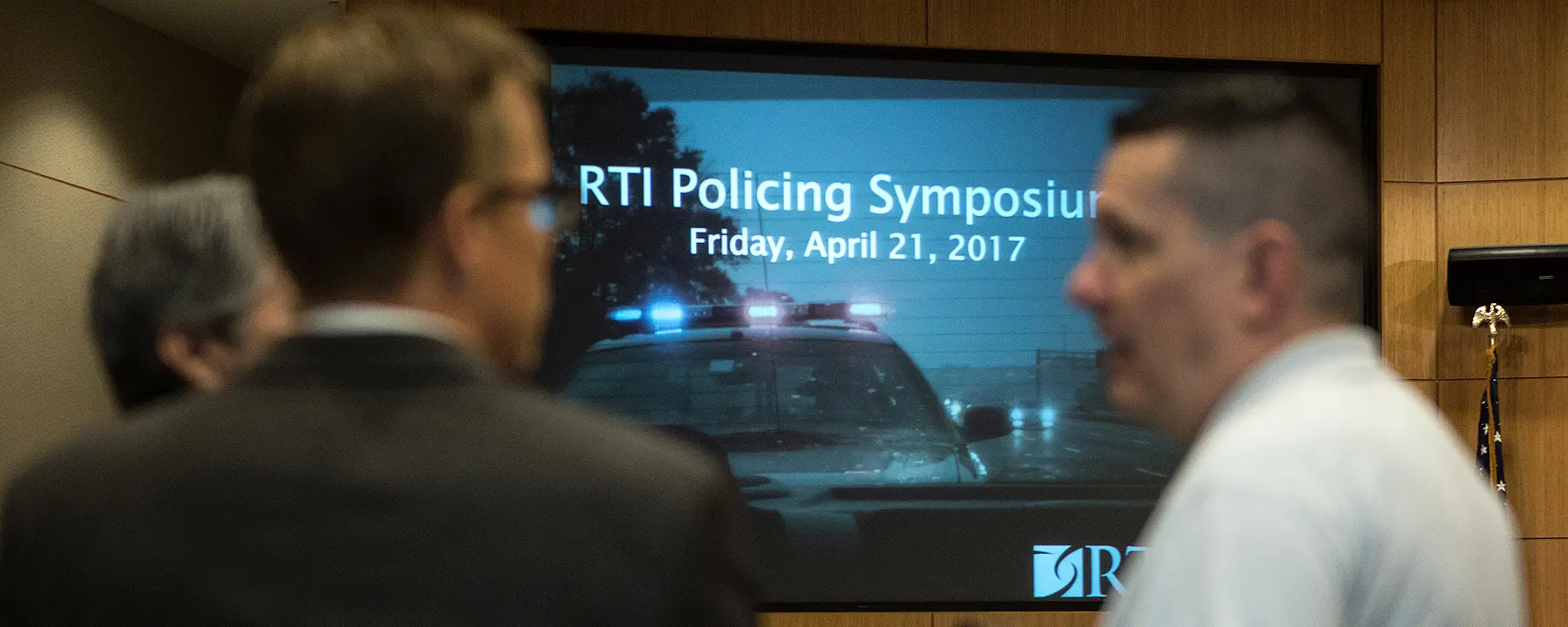Building the foundation of what works (and what doesn’t) in policing
The RTI Center for Policing Research and Investigative Science strives to help move the policing field closer to identifying what works best for whom by directing organizations to effective programs and strategies. We conduct experimental research and cross-site evaluations to help build the foundation of evidence-based policing. Our work in providing training and technical assistance to state and local agencies further allows us to support the implementation of promising or proven approaches in the field.
Project Highlight
Office for the Victims of Property Crimes
This project, focused on enhancing law enforcement’s response to victims of property crimes, aims to develop victim-support services programs centered on residential burglary.
Project Highlight
Near-Repeat Burglary
Research indicates that once a residence is burglarized, surrounding residences are at greater risk of being burglarized for the next several weeks. The near-repeat burglary intervention project was designed to evaluate the efficacy of an intervention designed to disrupt future offending in the areas near a burglary. In partnership with the Redlands Police Department in California and the Baltimore Police Department in Maryland, the RTI Center for Policing Research and Investigative Science developed and deployed a community-based crime prevention program. The crime prevention program was intended to inform and activate residents in the coproduction of public safety. The program was rigorously evaluated with an innovative randomized controlled trial, which indicated that residents were more proactive about securing their residences after receiving outreach from the crime prevention program.
Related Projects
Building the Evidence: Understanding the Impacts of Drug Decriminalization in Oregon
Read More about Building the Evidence: Understanding the Impacts of Drug Decriminalization in Oregon






